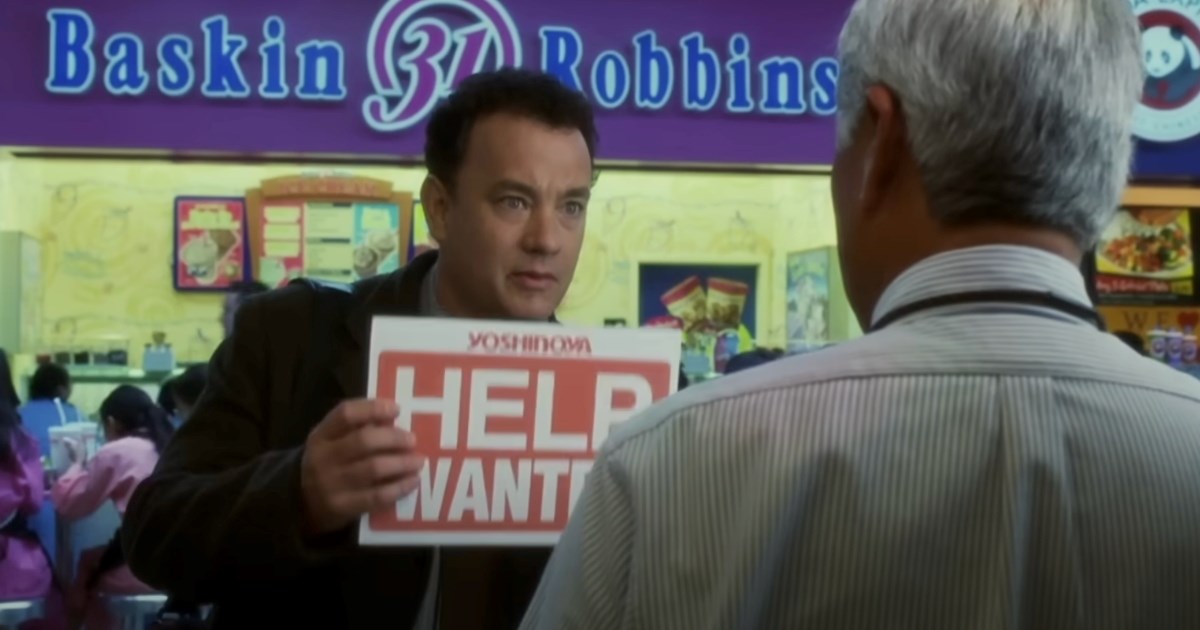The film “The Terminal”, directed by Steven Spielberg and premiered on June 18, is a touching warm comedy inspired by real events. The story follows Viktor Navorski, a citizen of the fictional Eastern European country Krakozhia, who becomes a prisoner of New York’s JFK international airport after a coup in his homeland. The film explores themes of hope, dignity, and human connection through Viktor’s adaptation to unusual circumstances, including friendships and a romantic storyline with flight attendant Amelia. Tom Hanks and Catherine Zeta-Jones received praise for their roles. The film was commercially successful and received numerous nominations and awards, although it did not win an Oscar. It is partially inspired by the true story of Mehran Karimi Nasseri, an Iranian refugee who lived in Paris’s Charles de Gaulle airport due to bureaucratic complications. “The Terminal” is one of Spielberg’s most humane films, reminding us of the power of kindness and resilience even in difficult life situations.
Political Perspectives:
Left: Left-leaning coverage emphasizes the humanistic and empathetic aspects of the film, highlighting themes of hope, dignity, and resilience in the face of bureaucratic and political adversity. It often focuses on the social commentary about refugees and stateless individuals, portraying the film as a critique of rigid immigration systems and a celebration of human kindness.
Center: Center-leaning reports present the film as a commercially successful and critically acclaimed work that combines entertainment with meaningful storytelling. They focus on the film’s narrative, performances, and its inspiration from a true story, maintaining a balanced view that appreciates both the artistic and human elements without heavy political framing.
Right: Right-leaning narratives may highlight the film’s portrayal of individual perseverance and personal responsibility, emphasizing the protagonist’s resourcefulness and determination. They might also focus on the film as a feel-good story that underscores traditional values such as hard work and optimism, while downplaying political critiques of immigration policies.


























